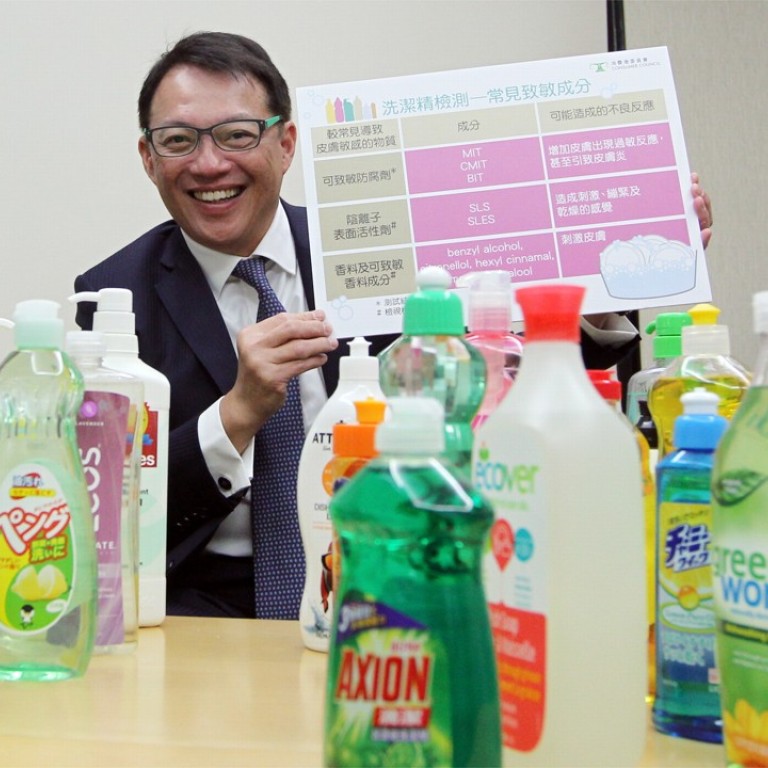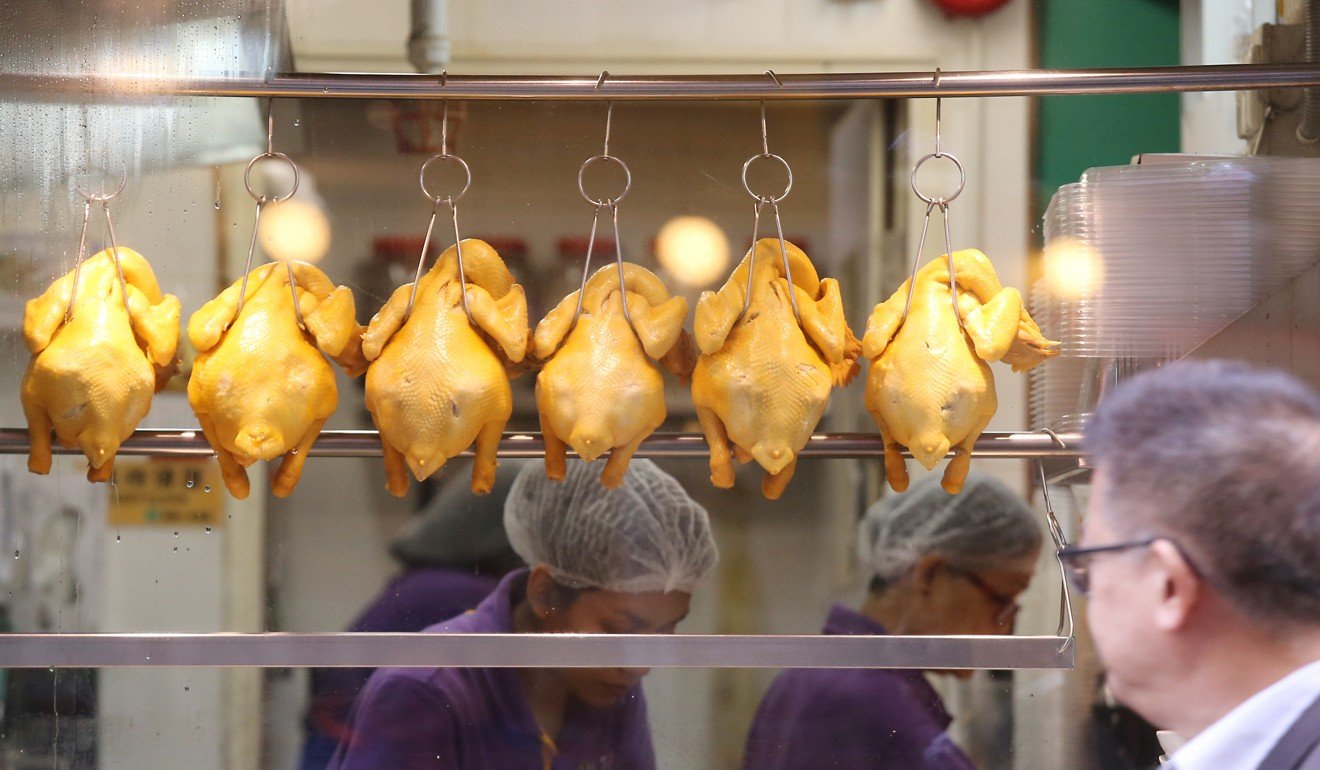
Hong Kong’s consumer protection needs strengthening as city’s ‘buyer beware’ approach promotes waste
David Dodwell says Hong Kong consumers lack adequate protection of their rights and the prevailing ‘caveat emptor’ attitude fuels a disposable culture in which faulty but cheap goods are simply tossed away
Consumer watchdog calls for better government protection after surge in Hong Kong online shopping complaints
By comparison, the UK’s “Which?” – formerly the Consumers Association – has a £101 million (US$141.57 million) budget, and works closely with numerous other consumer protection agencies, such as the Office of Fair Trading, Consumer Ombudsmen, and Citizens Advice Bureaux, to inform and protect shoppers on the high street minefield and, increasingly, at home trawling online shopping websites.
The working assumption here in Hong Kong is that we are surrounded by rogues and potential charlatans, who will rip us off at the slightest opportunity
Which? undertakes 25 major investigations a year, and has reviewed over 2,200 products or ranges of products to help steer shoppers away from “lemons”. It flags “Best Buys” and “Don’t Buys”, and has a list of almost 9,000 “Trusted Traders”, with a “legal live-chat” service.
And all this without relying on government or companies for any funds. Everything it does is either supported by donations or by sale of its products and services.
But hang on a minute. Why am I getting so bleeding-heart for our hapless shoppers? From my very earliest days in Hong Kong, I have seen a distinct culture at work here, underpinned by a single guiding principle – caveat emptor (or for those who never wrestled through Latin lessons at school, “buyer beware”).
8 everyday products that could be harming you


True to that spirit, I remember a close neighbour and friend some years ago showing off to me his new mainland-made “no brand” smartphone. I asked him whether he was worried in case it stopped working after a couple of months. He looked at me incredulously: “I paid less than HK$1,000. Not like you, paying HK$6,000 or more. If it stops working, I’ll just throw it out and buy another one.”
This attitude also probably explains a massive difference between shopping on Taobao and shopping on Amazon: Amazon agrees to accept returns and refund dissatisfied shoppers, while this can be trickier on Taobao. Hong Kong’s online shoppers seem OK with the deal: I am buying super-cheap, so if the product turns out to be faulty, I will just throw it away, and pray for better luck next time.
But there is only so far our caveat emptor culture can protect us. The simple and obvious rule of “information asymmetry”, by which vendors are almost always well placed to exploit our ignorance, provides ample justification for robust consumer protection rules, and generous support for agencies like Which?, or Hong Kong’s Consumer Council. Naming and shaming transgressors that get caught may not be as satisfying as punishing them financially in court, but it serves to keep the charlatans around us less dishonest than they might otherwise be.
Both of these seem reasonable, as long as we don’t forget that charlatans and information asymmetries will never go away – and that the online shopping world is a minefield like no other. For me, whatever the legal protections, there is just one principle that I need always to remember: caveat emptor.
David Dodwell researches and writes about global, regional and Hong Kong challenges from a Hong Kong point of view

